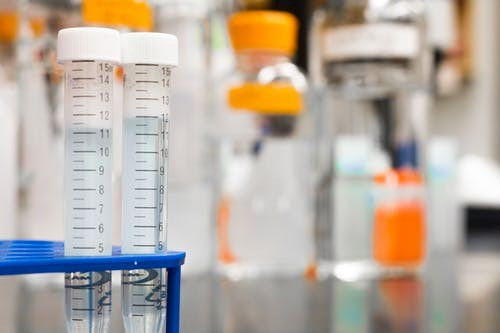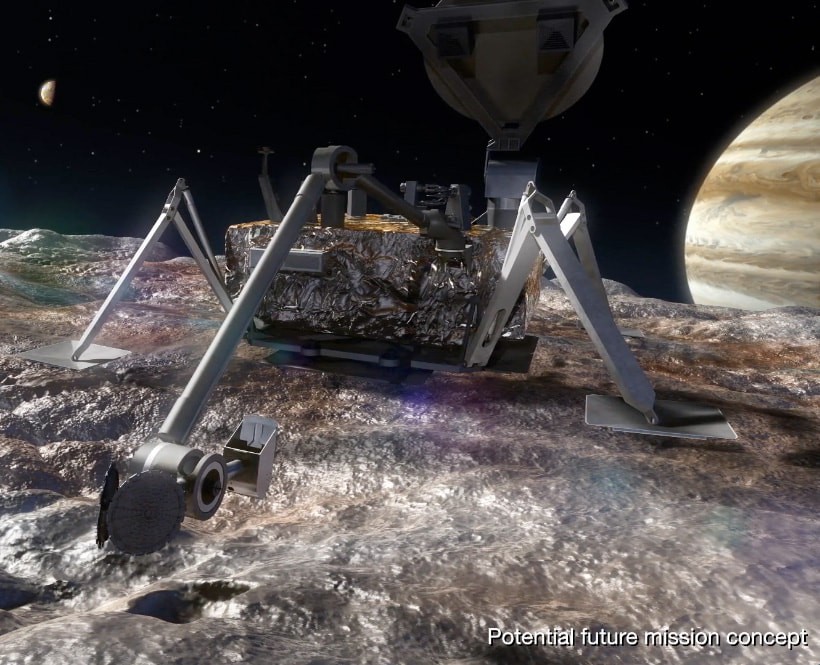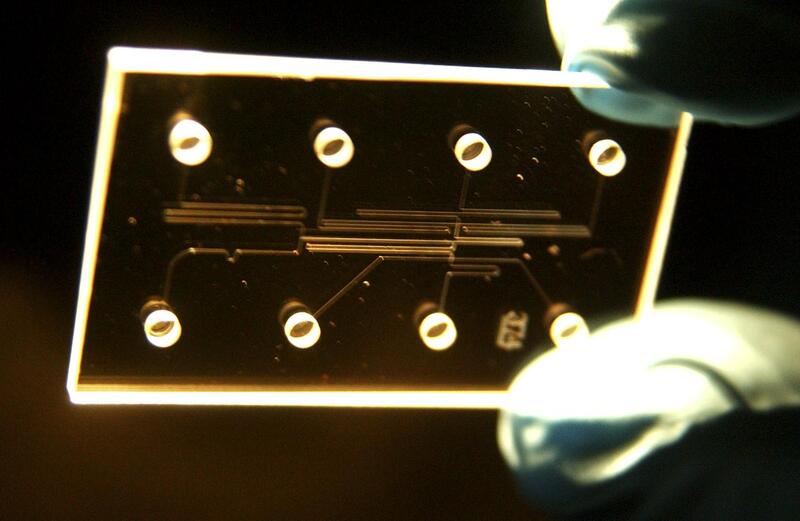Leiden Measurement Technology specializes in the research, design and development of novel scientific instruments for the detection of organics and inorganics, using microfluidics, optics, spectroscopy, and chemical extraction.
Biomedical Diagnostic Instruments
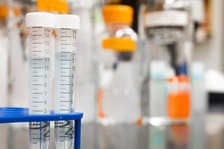
LMT is launching a new venture to apply our space exploration technology to point-of-care multiplexed diagnostics. More information on the launch of Leiden Biomedical Technology is coming soon!
Instruments Searching for Life in Extraterrestrial Environments
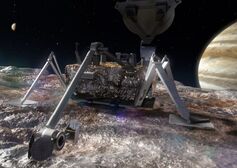 Concept of a Europa lander.
Concept of a Europa lander.
Partnering with numerous leading agencies and institutions such as NASA and Stone Aerospace, Leiden Measurement Technology (LMT) is at the forefront of designing instruments that will help humans get closer to discovering habitats and possibly inhabitants of extraterrestial worlds such as Europa and Mars. Our devices include: a compact Fluorescence Lifetime Excitation-Emission Spectrometer (FLEXEMS) for detecting trace organics; a cryobot- and submersible-based deep ultraviolet (DUV) fluorescence system to detect aromatic organics; automated DUV/V fluorescence microscopes to integrate with microfluidic systems, and miniaturized DUV fluorescence, Raman, and transmission spectroscopy probes that integrate on Stone Aerospace's ARCHIMEDES laser penetrator. Work on these projects has been supported through NASA's Planetary Science and Technology from Analog Research (PSTAR), Small Business Innovation Research (SBIR), Concepts for Ocean worlds Life Detection Technology (COLDTech), and Instrument Concepts for Europa Exploration (ICEE) 2 programs.
Optical Spectroscopy and Sample Preparation for In-Situ Analysis
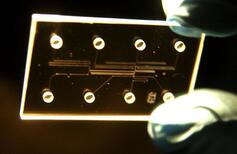 Example of a microfluidic chip.
Example of a microfluidic chip.
LMT is a leader in the design and development of scientific instruments integrating microfluidics and optics for in-situ analysis. Our devices include a portable microfluidic analysis instrument for the measurement of inorganic ions present in potable water supplies, thermal control system cooling water, and human waste water. LMT has also designed a low volume analyte separation, concentration, and transfer system that minimizes mass, volume and power-usage and for compatibility with state-of-art in-situ instruments currently under development by NASA including: microfluidic based systems, bioarrays, gas chromatography and high performance liquid chromatography systems, UV fluorescence spectrometers, Raman spectrometers, and mass spectrometers.

